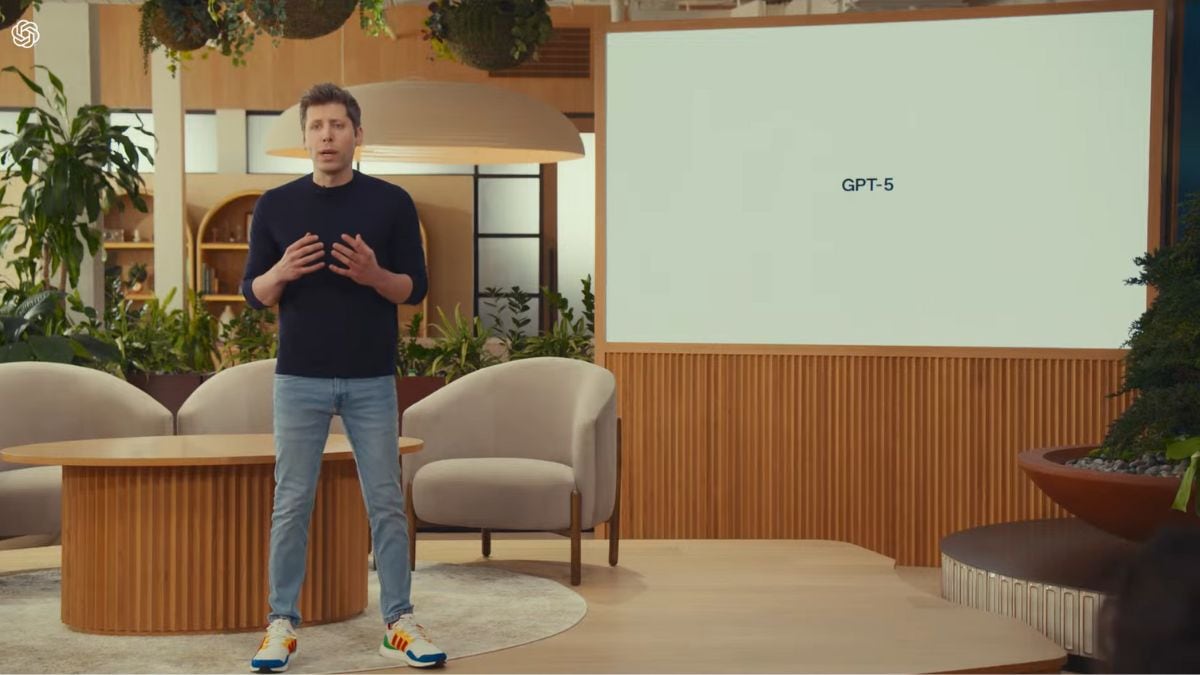OpenAI finally released its next-generation artificial intelligence (AI) model, GPT-5, on Thursday. The new model comes with improvements across different parameters. However, one specific area where it displays a significant upgrade is health-related queries. The San Francisco-based tech giant says unlike previous models by the company, the latest large language model (LLM) can act as an active thought partner, asking questions to understand the situation better and flagging potential concerns. Despite these advancements, the AI firm maintains that ChatGPT is not a replacement for medical professionals.
GPT-5 Can Analyse Your Medical Reports
In the blog post, OpenAI mentioned three specific areas where GPT-5’s responses will be better than older models: coding, writing, and health. While previous models, such as GPT-4o, o3, and o4-mini could provide responses in these domains, the generation speed and expertise was limited. This was especially evident in health-related queries, where ChatGPT only responded with static queries, and was quick to suggest users to seek the help of medical professionals, instead of answering the trickier questions.
OpenAI says this is now being fixed by specific training in this discipline. The model is said to provide more precise and reliable responses, adapting to the user’s context, knowledge level, and geography. This ensures the AI-generated responses are tailored for the individual. GPT-5’s ability to ask questions to learn more about the user before providing a response also makes it a safer model, the company added.
GPT 5 performance on the HealthBench
Photo Credit: OpenAI
Based on internal evaluation, the company claims that GPT-5 is the best model for health-related queries, and scores the highest (compared to all other OpenAI models) on the HealthBench benchmark. This benchmark was developed by the AI firm earlier this year. There is a base test that has a collection of questions on realistic scenarios, and a “Hard” test that has a physician-defined questionnaire.
Gadgets 360 tested out the AI model’s capabilities by uploading a medical report and asking ChatGPT to make sense of it. The new model was able to summarise the key takeaways, explain what it means, and suggest next steps one can take to improve health further. This is beneficial for someone who wants to gain some context before visiting a medical professional.

